Residential Cleaning
Introduction:
Residential cleaning is a fundamental service within the cleaning industry, catering to the upkeep and maintenance of homes and living spaces. It encompasses a range of tasks essential for ensuring cleanliness, hygiene, and comfort.
Definition:
Residential cleaning refers to the process of tidying, sanitizing, and organizing living spaces within residential properties. It includes tasks such as vacuuming, dusting, mopping, and surface disinfection to maintain a clean and healthy environment.

Key Features or Components:
- Vacuuming carpets and rugs
- Dusting furniture and surfaces
- Cleaning bathrooms and kitchens
- Sanitizing high-touch areas
- Organizing clutter and belongings
Importance in Cleaning Service:
Residential cleaning is pivotal for ensuring a healthy and comfortable living environment for occupants. It plays a crucial role in preventing the spread of germs, allergens, and contaminants, thereby promoting overall well-being.
Inspection Criteria:
Inspectors evaluate the thoroughness and effectiveness of residential cleaning by assessing factors such as cleanliness, sanitation, and attention to detail. They look for dust-free surfaces, sanitized bathrooms, and organized living spaces.
Common Issues and Failures:
Common issues in residential cleaning include inadequate sanitation, missed spots, and insufficient organization. Failures may result from rushed cleaning processes or neglecting certain areas.
Maintenance and Repairs:
Regular maintenance of residential cleaning involves consistent upkeep of cleaning schedules, proper storage of cleaning supplies, and addressing any repairs or maintenance issues promptly to ensure optimal cleanliness.
Regulations and Standards:
While no specific regulations govern residential cleaning, adherence to industry best practices and standards ensures quality service delivery. Following guidelines from professional cleaning associations and utilizing eco-friendly products are encouraged.
